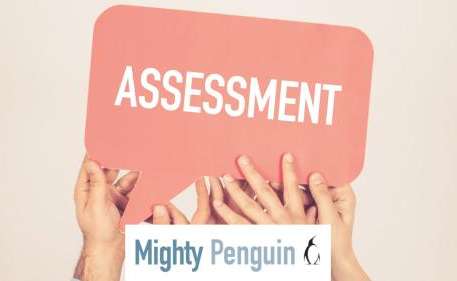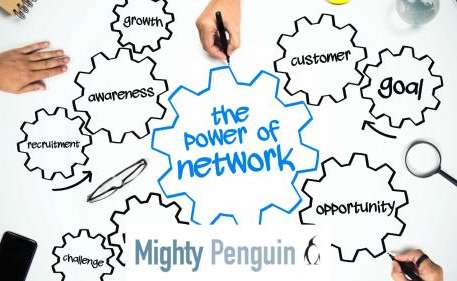Mighty Penguin Speaks
Mighty Penguin Speaks offers fresh insights and best practices in nonprofit management to help you stay informed and up-to-date on the latest trends.
Whether you're an established nonprofit or just starting out, our resources can help you make a real difference in your community.
How to Choose a Grant Writing Agency for Your Nonprofit
July 3rd 2024
Not all grant writing agencies are created equal. During the selection process, there are several key factors to keep in mind to ensure you make the b
Your Major Gift List is About Offering Opportunities, Not Asking for Money
July 3rd 2024
Picture this: You’re the Executive Director in a meeting with trustees and a development consultant, discussing the approach for major donor fundraisi
June 28th 2024
Social media is often how people verify the legitimacy of companies and organizations. They want to see the social media accounts to get to know the m
The Power of Networking for Nonprofits
June 12th 2024
Did you know the average person knows about 600 people? This same person likely interacts with 16 contacts per day, and in their lifetime, they will p
The Perfect Corporate Sponsorship Packet
June 7th 2024
A corporate sponsorship packet varies from nonprofit to nonprofit, depending on needs and board preferences, but they all have one goal: to build mut
Maximizing Event Fundraising: Tips and Tricks
June 7th 2024
Event fundraising is a crucial component of any nonprofit's strategy. Whether you're raising funds for a specific cause or aiming to increase organiza
Don't let Qualitative Reasoning Guide Grant Proposals
May 24th 2024
Passion drives the mission. Whether your cause is refugee aid, animal welfare, equitable transportation, or community upliftment, your dedication to m
What to Do with Untaxed Profits
May 10th 2024
As a nonprofit, being tax-exempt doesn't mean you can't make a profit. In fact, nonprofits can generate surplus revenue, which remains untaxed. But wh
Importance of Choosing the Right Represenatives
May 5th 2024
Who can legally represent your organization? In simple terms, anyone acting on behalf of your organization is the agent, while the nonprofit itself is
Building and Funding with Community
April 23rd 2024
Engaging staff, volunteers, and board members in social media marketing efforts offers numerous benefits to nonprofit organizations. Picture your soci










